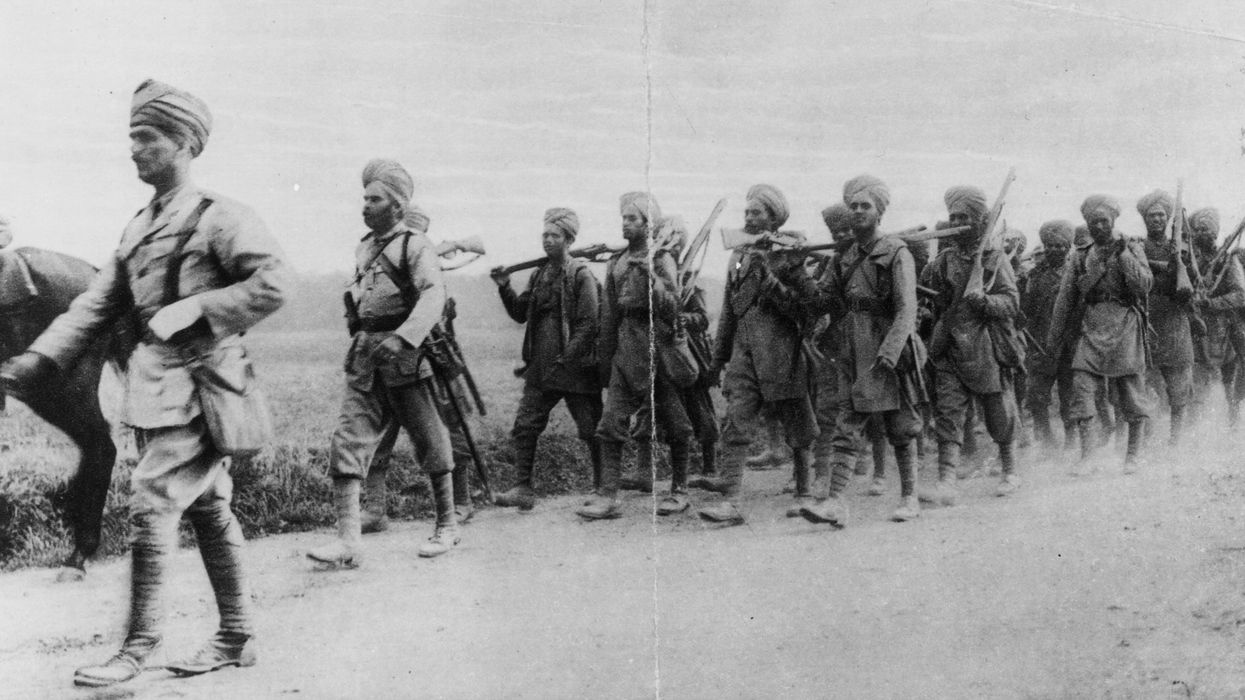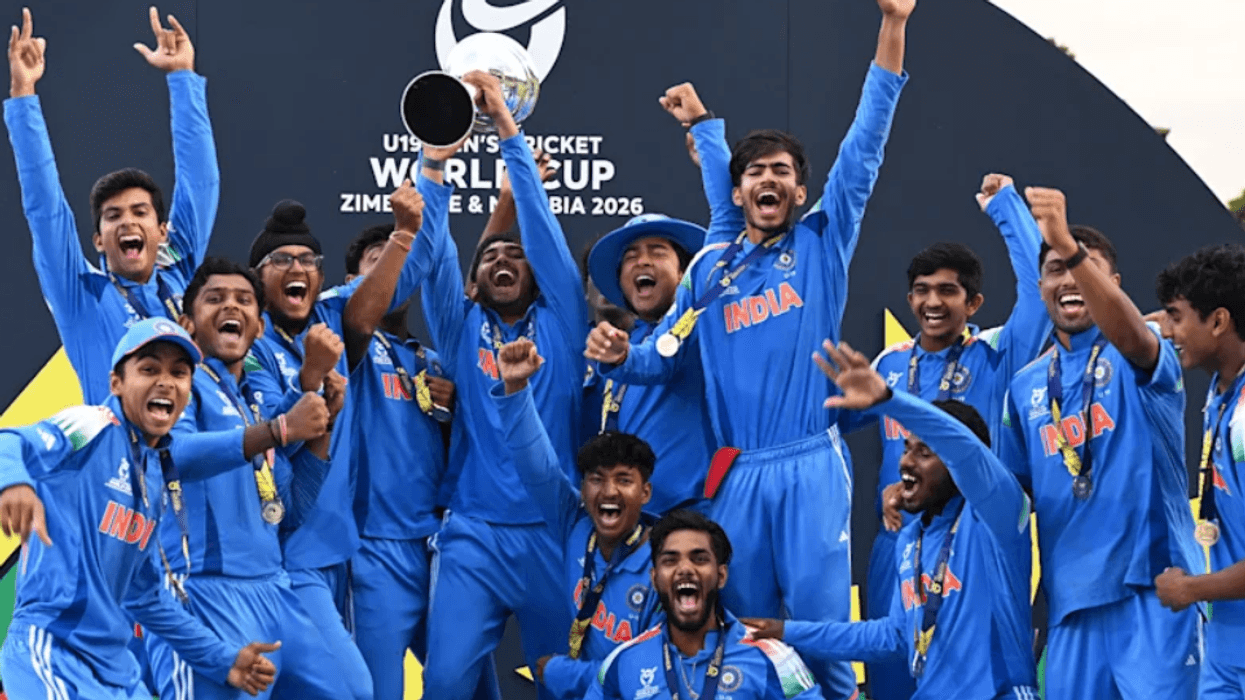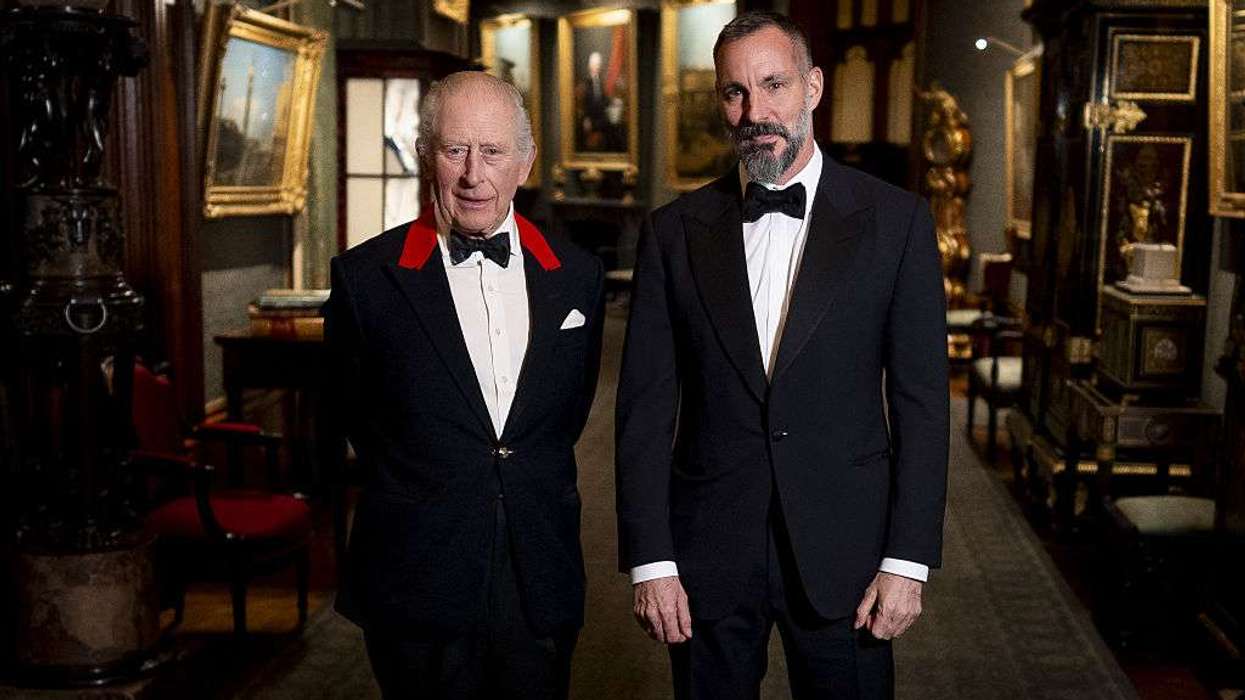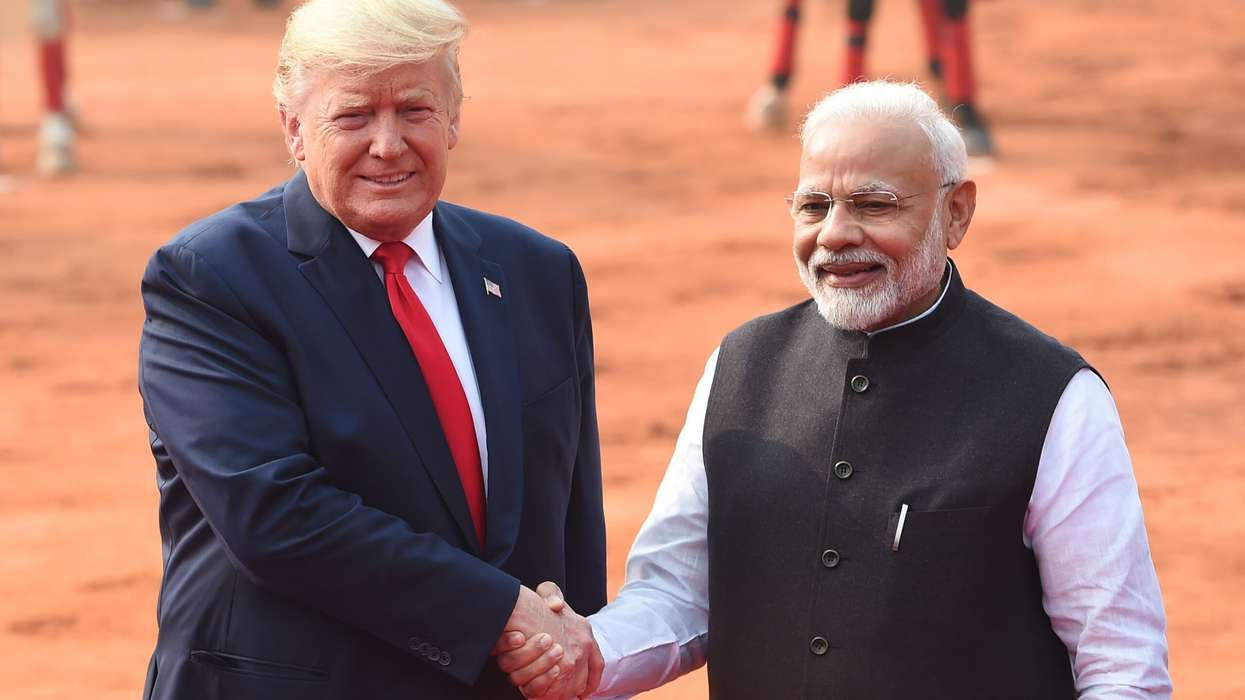This country should never forget what we all owe to those who won the second world war against fascism. So the 80th anniversary of VE Day and VJ Day this year have had a special poignancy in bringing to life how the historic events that most of us know from grainy black and white photographs or newsreel footage are still living memories for a dwindling few.
People do sometimes wonder if the meaning of these great historic events will fade in an increasingly diverse Britain. If we knew our history better, we would understand why that should not be the case.
For the armies that fought and won both world wars look more like the Britain of 2025 in their ethnic and faith mix than the Britain of 1945 or 1918. The South Asian soldiers were the largest volunteer army in history, yet ensuring that their enormous contribution is fully recognised in our national story remains an important work in progress.
About half of the public do know that Indian soldiers took part. It is better known among British Asians - with almost 6 out of 10 aware of the contribution. Yet while that means that more than three million British Asians have heard something about this, that suggests too that a couple of million of Asians in Britain today remain unaware of the South Asian contribution to the war effort.
It is less well understood that Hindu, Sikh and Muslim soldiers fought alongside British officers in the largest volunteer army that the world has ever seen. About four in ten report being aware that there were Hindu and Sikh soldiers in the Indian Army - while just under a third are aware of the Muslim contribution. Yet there is an appetite to learn more. Three-quarters of the public believe that learning more about this history could help social cohesion in Britain. It is a view held as strongly by the white British and by British Asians.
So the My Family Legacy project from British Future, the Royal British Legion and Eastern Eye seeks to make a contribution to doing that. It aims to raise awareness of the South Asian contribution in the world wars, among South Asian communities and people from all backgrounds in Britain today. It asks British Asian families to share stories and pictures of ancestors who served, creating an archive for future generations.
When we talk about the Indian Army, we are talking about the army drawn from the India of the 1940s. This was pre-independence India – so it included modern day India and Pakistan, Bangladesh and Sri Lanka. The Indian Army grew from 195,000 men in the Autumn of 1939 to over 2 million by the end of the war. A fledgling Indian Air Force went from 285 men to 29,000. This made the Indian army of the Second World War the largest volunteer army in history.
It may sound strange to our modern ears: that Indian soldiers would volunteer for the army of the British imperial power. Yet those who volunteered often saw the German and Japanese regimes as an existential threat as well as believing that India should govern itself after the war. So the Indian Army volunteers outnumbered – by a 50:1 ratio – the 43,000 rebels who heeded the call to form a rebel army for the Germans and Japanese.
We should not shy away from the complexity and controversies of understanding that we are a post-imperial society. But this country’s role in winning the Second World War should always endure as a source of shared pride.
It matters because we should honour the past properly: we should recognise the service and commemorate the sacrifice of all who contributed, especially when the liberties of all of us today are their legacy.
Yet this matters too because of how it can help us to look forward as well as back and help us to bind together our society today. To have a story of how our past, present and future are linked, is an important part of what it means to be a nation. Understanding the diversity of the war effort is a crucial way to join the dots in the making of modern post-war Britain.
That becomes all the more important in times like these, when a vocal, visible and toxic minority are making their most aggressive attempt for a generation to all into question the equal status and very presence of ethnic minorities in Britain.
Yet the toxic and racist far right fringe have always been deeply ignorant of the history of which they claim to be so proud. What could be more absurd than neo-fascists trying to wrap themselves in the very flag under which we defeated fascism - especially when that victory over fascism was achieved by multi-ethnic and multi-faith armies just as diverse as the modern Britain which honours today the victory which made this democratic and diverse society possible.
So this new effort to help people to find, document and tell their family stories of courage and contribution, service and sacrifice can make a difference. It can help show how our national symbols and traditions of Remembrance can bring today's modern, diverse Britain together ever more powerfully when we commemorate all of those who served.

Sunder Katwala is the director of thinktank British Future and the author of the book How to Be a Patriot: The must-read book on British national identity and immigration.





